Publications
Articles, publications, books, tools and multimedia features from the U.S. Institute of Peace provide the latest news, analysis, research findings, practitioner guides and reports, all related to the conflict zones and issues that are at the center of the Institute’s work to prevent and reduce violent conflict.

Ambassador Makila James on Nigeria’s Elections
While Nigeria’s elections energized youth voters and avoided widespread violence, President-elect Bola Ahmed Tinubu won only a plurality of votes. As concerns over the results’ legitimacy mount, “a weak mandate means [Tinubu] is going to have to work very smartly to build coalitions,” says USIP’s Makila James.
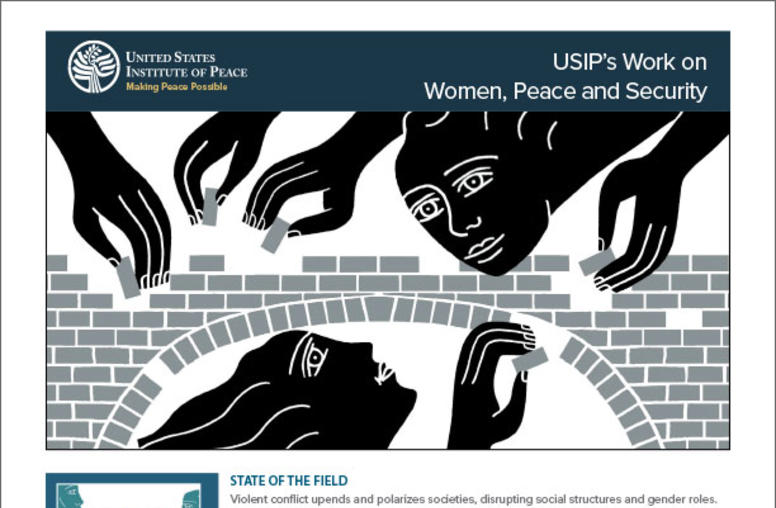
USIP’s Work on Women, Peace and Security
Violent conflict upends and polarizes societies, disrupting social structures and gender roles. Policies and projects intended to assist communities that are fragile or affected by violence are more successful when they consider the different effects conflict has on men, women, boys, girls and gender and sexual minorities.
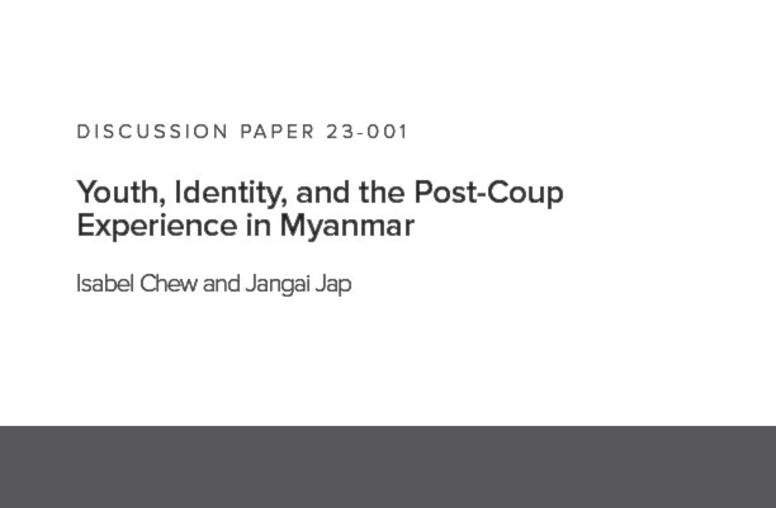
Youth, Identity, and the Post-Coup Experience in Myanmar
One of the biggest challenges facing Myanmar today is its lack of a cohesive national identity. Its colonial legacy and half a century of authoritarian rule has reified group divisions and hardened societal cleavages, leading to negative, and sometimes outright hostile, relations between different groups. Against this background, the authors discuss how the Myanmar youth perceive their social identity, in particular national identity, and how they conceptualize notions of citizenship within the Myanmar context, as well as the implications of the coup and the post-coup experience for the youth’s perceptions of social identity and interethnic relations in Myanmar.
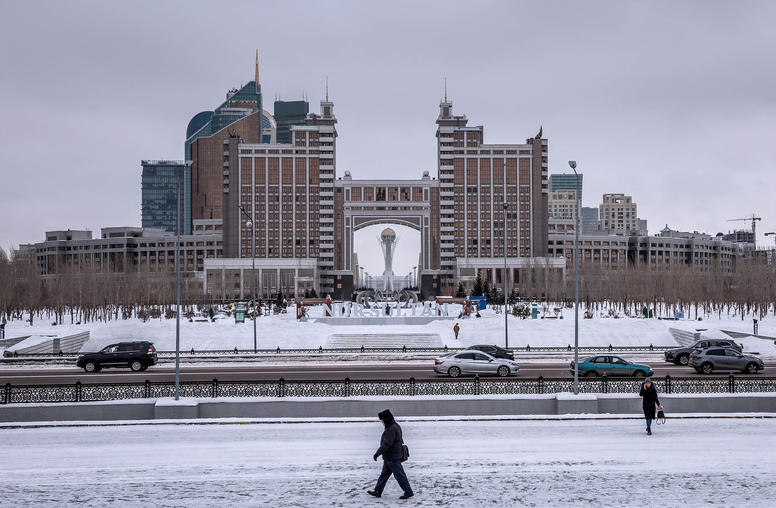
Blinken Debuts New U.S. Approach in Central Asia
U.S. Secretary of State Antony Blinken visited Kazakhstan and Uzbekistan this week, where he signaled that Washington is changing tact in the region. For nearly two decades, U.S. engagement in the region focused on how it could help Washington in Afghanistan. Following the Afghanistan withdrawal, U.S. policy in Central Asia should be more modest, focused on helping these countries achieve balance in their relations with each other and the outside world, particularly in an era of great power competition. After all, these countries are neighbors of Russia and China and can’t afford to choose sides.
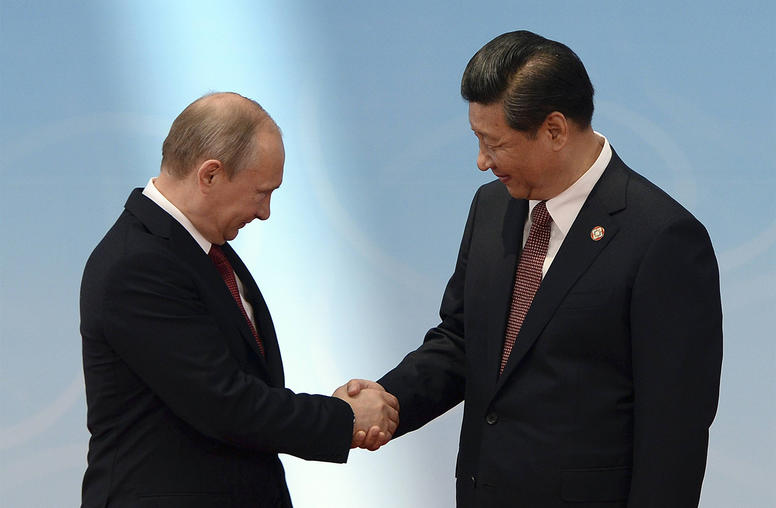
What China's 'Peace Plan' Reveals about its Stance on Russia's War on Ukraine
Despite Russia’s invasion of Ukraine — which marks a clear violation of international law — Moscow has enjoyed support from a number of countries. Foremost among these is China. Over the last year, Beijing has not supported Russia in U.N. votes, has refrained from providing Russia with weapons, and has publicly proclaimed neutrality. But China has also refused to condemn the invasion, often repeated the Kremlin’s talking points about the war, opposed sanctions against Russia and helped prop up its economy. On the anniversary of the invasion, China released what it had previewed as a peace plan, which really amounted to a statement of principles reflecting Beijing’s longstanding talking points about the war.
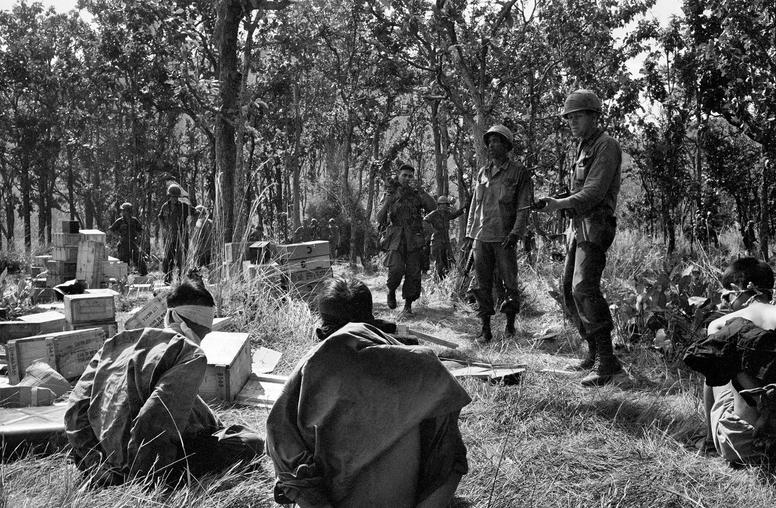
We Can Heal War’s Traumas; U.S. and Vietnam Show How
This winter marks 50 years since U.S. and Vietnamese diplomats in Paris ceremoniously signed “peace accords” that did not end the Vietnam War, but that achieved America’s withdrawal from it. Thus, the accords permitted, a half-century later, what is now a durable American-Vietnamese reconciliation. In the face of seemingly intractable wars — in Ukraine, Afghanistan, the eastern Congo basin, Yemen or elsewhere — the growing U.S.-Vietnamese relationship shows that even a peace that seems impossible today can indeed be built for our children.
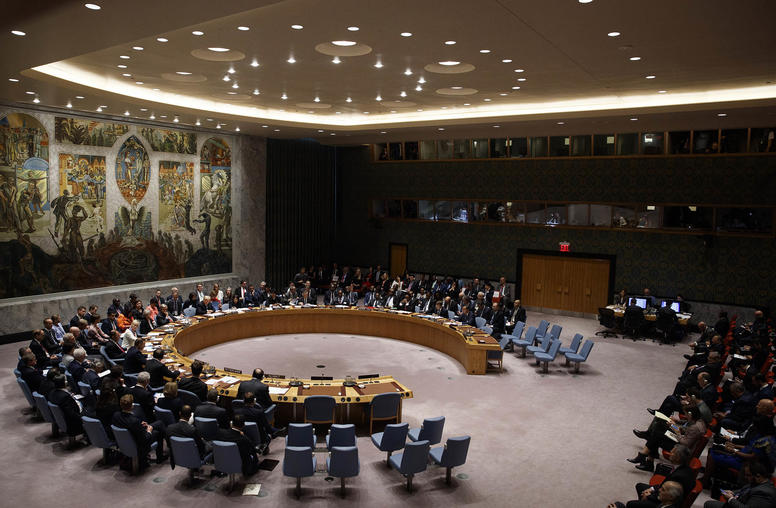
The U.N. Security Council Was Designed for Deadlock — Can it Change?
When Russia invaded Ukraine in February 2022, its permanent seat at the U.N. Security Council (UNSC) quickly snarled the prospects of multilateral action. Eighty-one of the U.N.’s 193 member-states cosponsored a resolution denouncing the invasion — a clear violation of the core principles of the U.N. Charter and international law — and Russia, exercising its privileges as a permanent member, immediately and unilaterally vetoed it. The year since Russia’s invasion has only strengthened an already-widespread consensus on how broken the UNSC is, with subsequent calls for change gathering real momentum. Still, real structural reform remains a distant prospect: no matter how much they publicly acknowledge its unjust rules, permanent members are unlikely to undermine their own advantages in the council. But there are other, more informal engines of change at the UNSC.
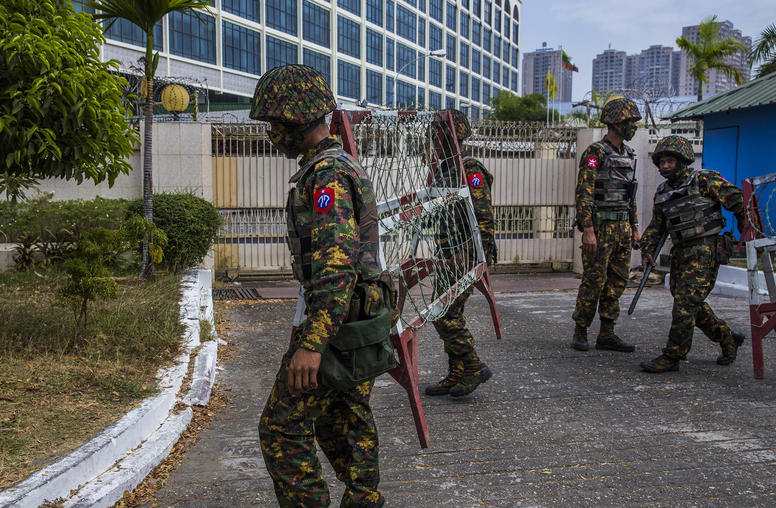
Atrocities in Myanmar: Documenting the Junta’s Attacks on Civilians
Even before the February 2021 coup, Myanmar’s military often deployed systematic violence against civilians, developing a reputation for ruthlessness that dates back decades. Their abuse of ethnic minorities such as the Rohingya have been the subject of countless international human rights investigations, while their nearly unchecked power allowed them to operate with impunity.
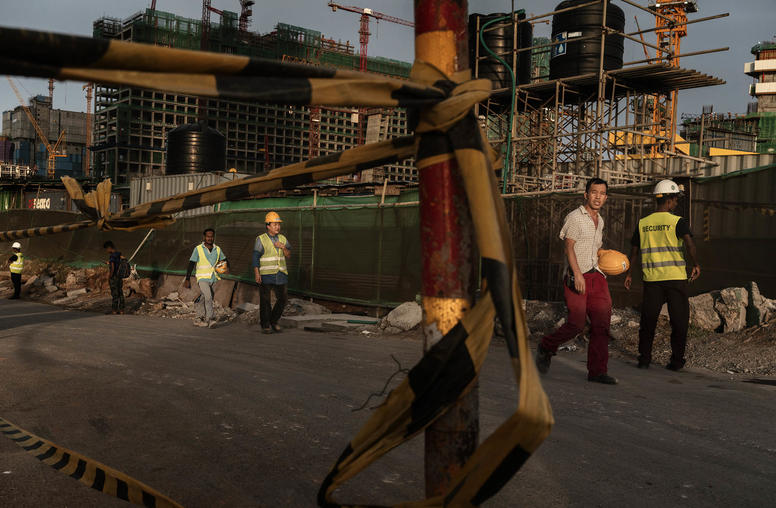
Does China’s Coercive Economic Statecraft Actually Work?
Much ado has been made in recent years over China’s use of economic diplomacy in its foreign policy, perhaps best characterized by its massive trillion-dollar connectivity project, the Belt and Road Initiative (BRI). As developing countries have turned to China for economic assistance and development, observers have warned that Chinese loan assistance to poor countries can come with strings attached, particularly enhanced political leverage for Beijing. But the extent to which Beijing is able to truly exert influence through economic statecraft remains an open and important question for researchers and policymakers alike, says China analyst Matt Ferchen.

Ambassador William Taylor on the Anniversary of Russia’s War on Ukraine
A year into Russia’s invasion of Ukraine, it’s clear that Russian President Vladimir Putin has made a strategic blunder. But any deal to end the conflict must uphold Ukraine’s sovereignty and independence, says USIP’s Ambassador William Taylor: “The Russian military needs to leave. That’s got to be the key part of any peace proposal.”